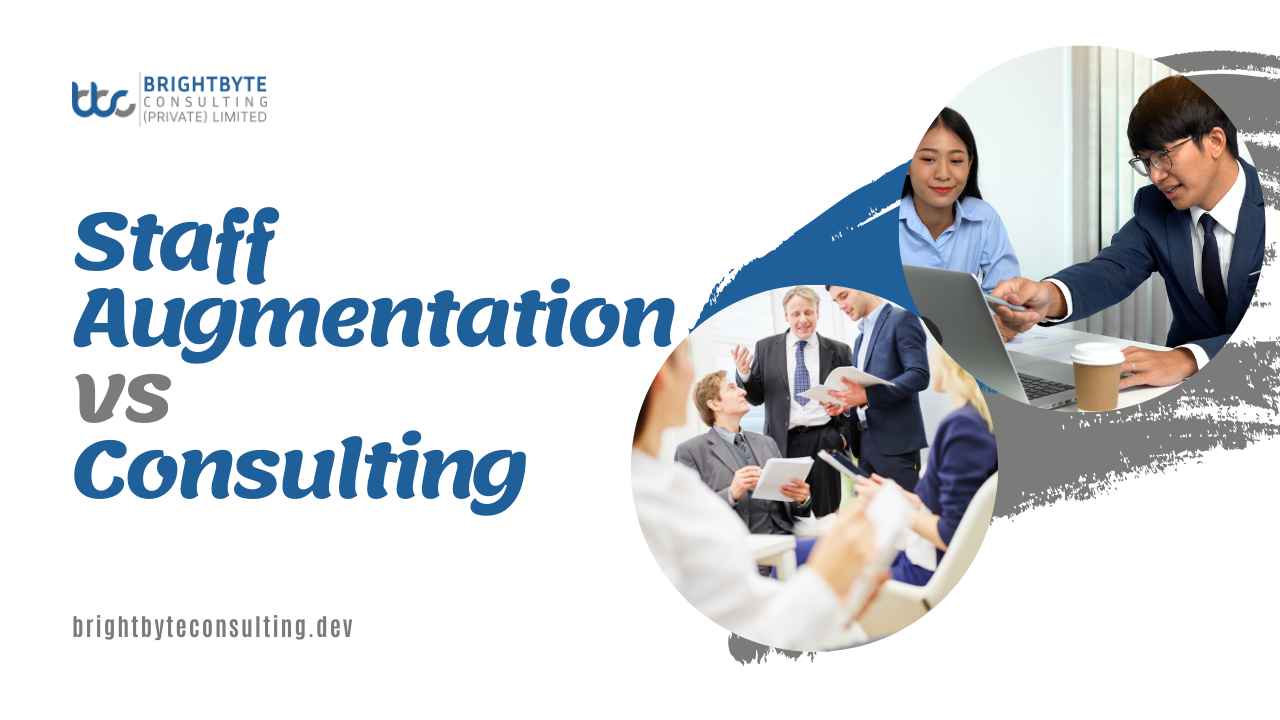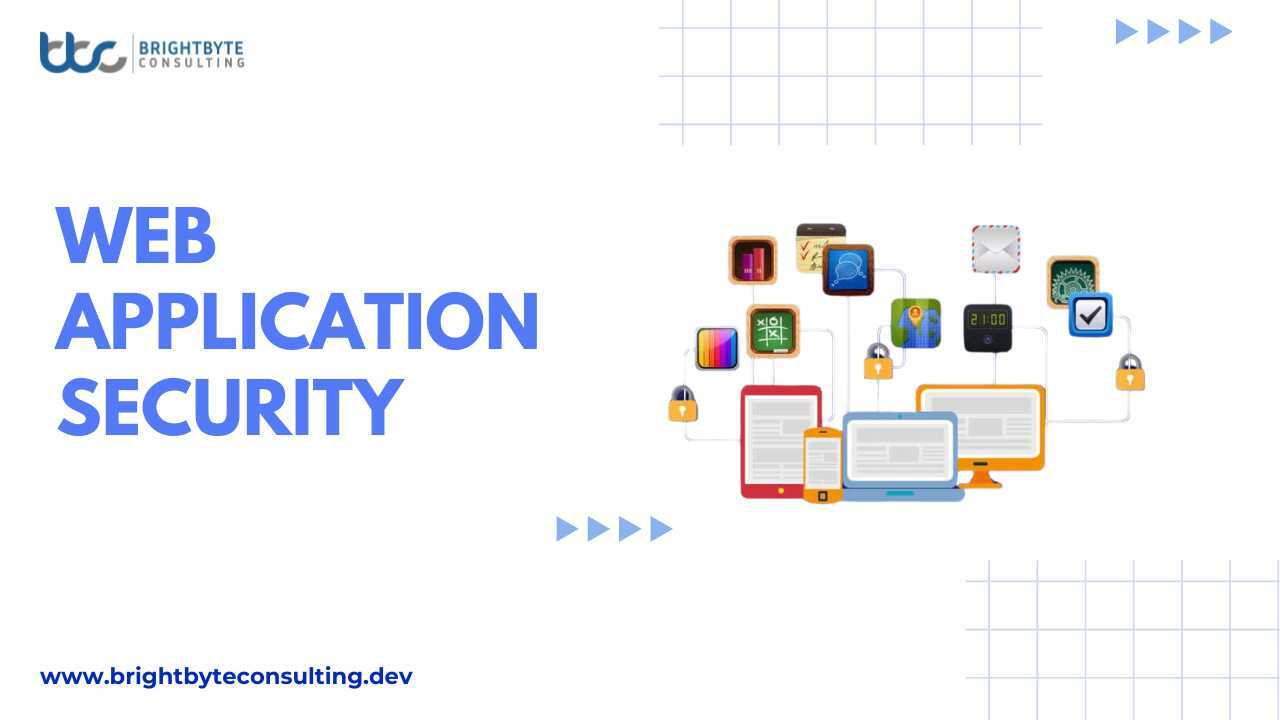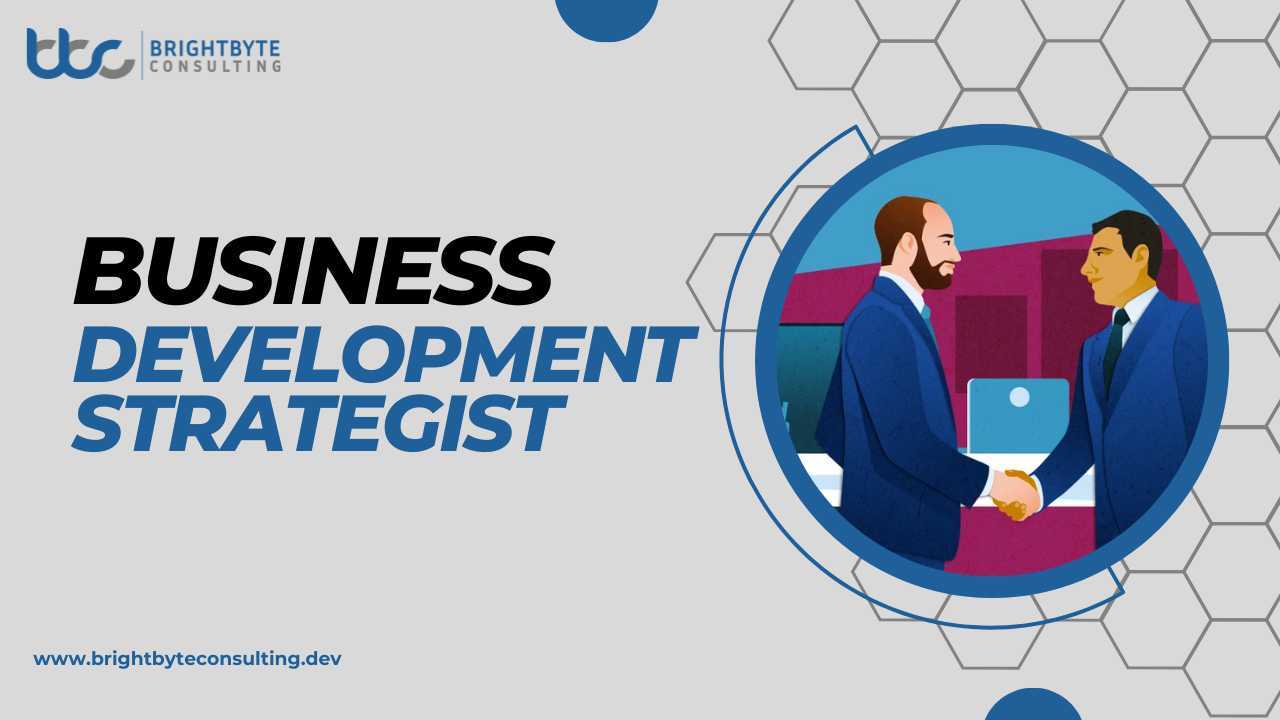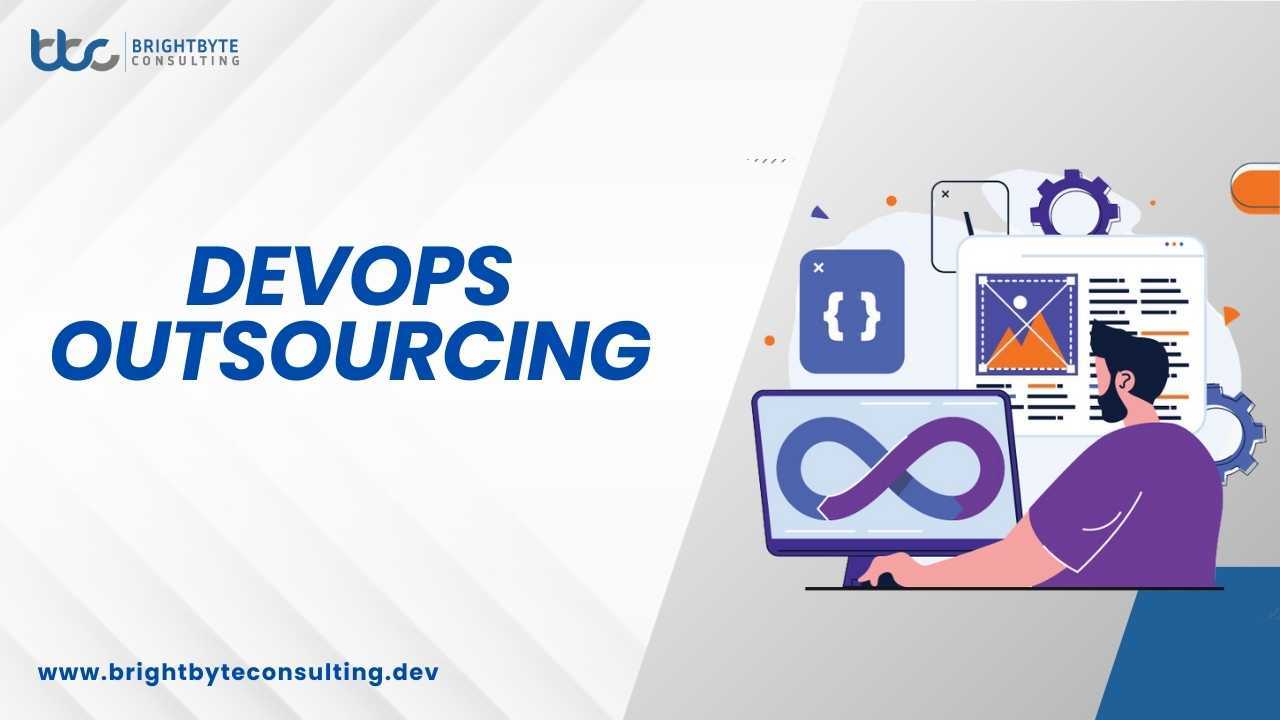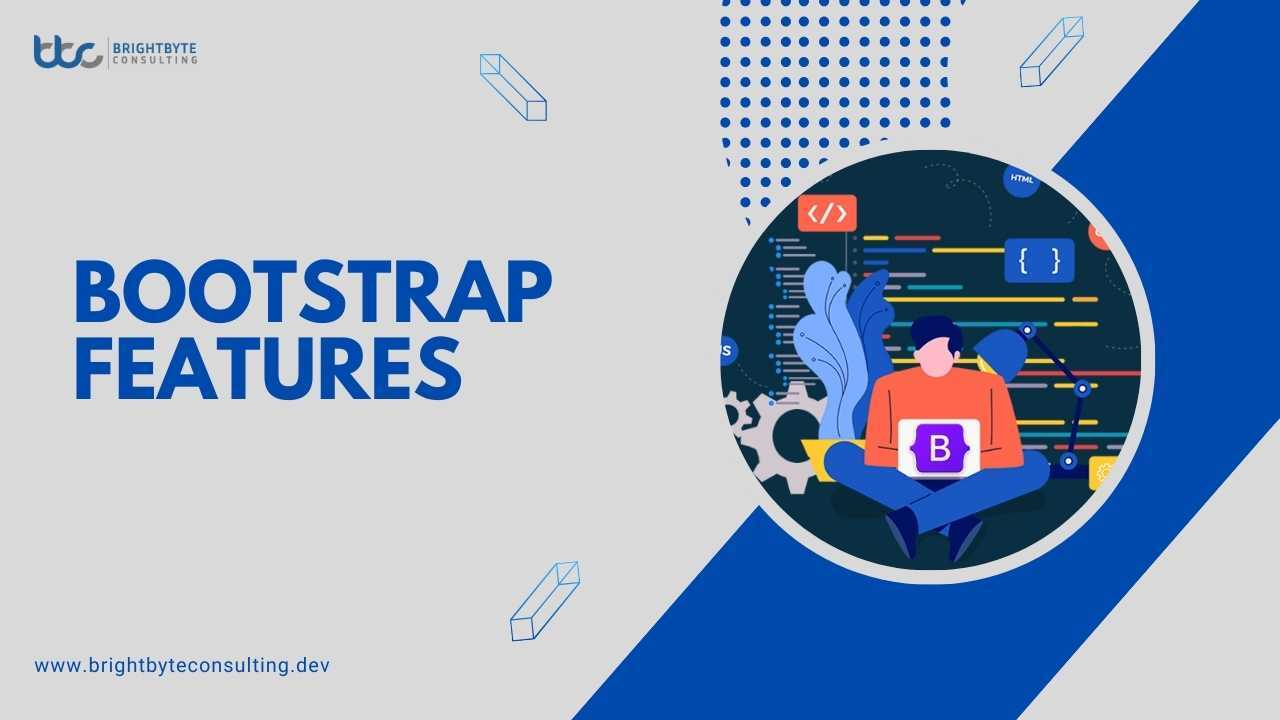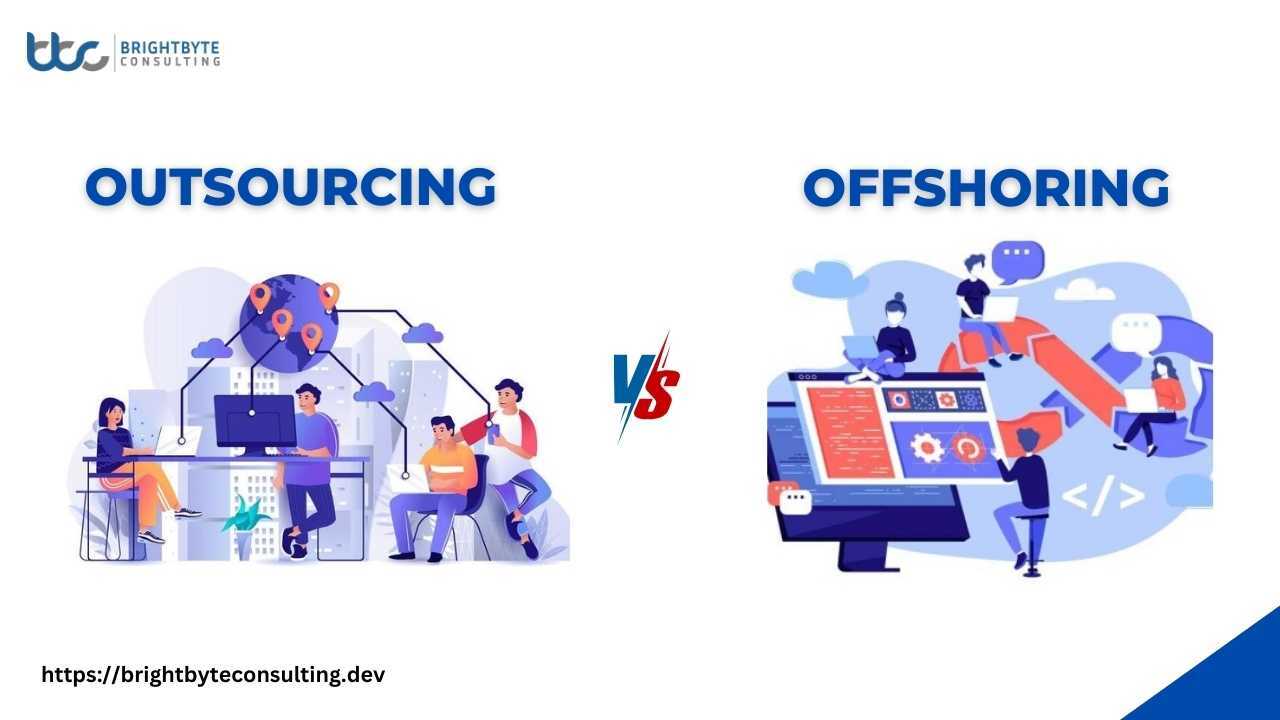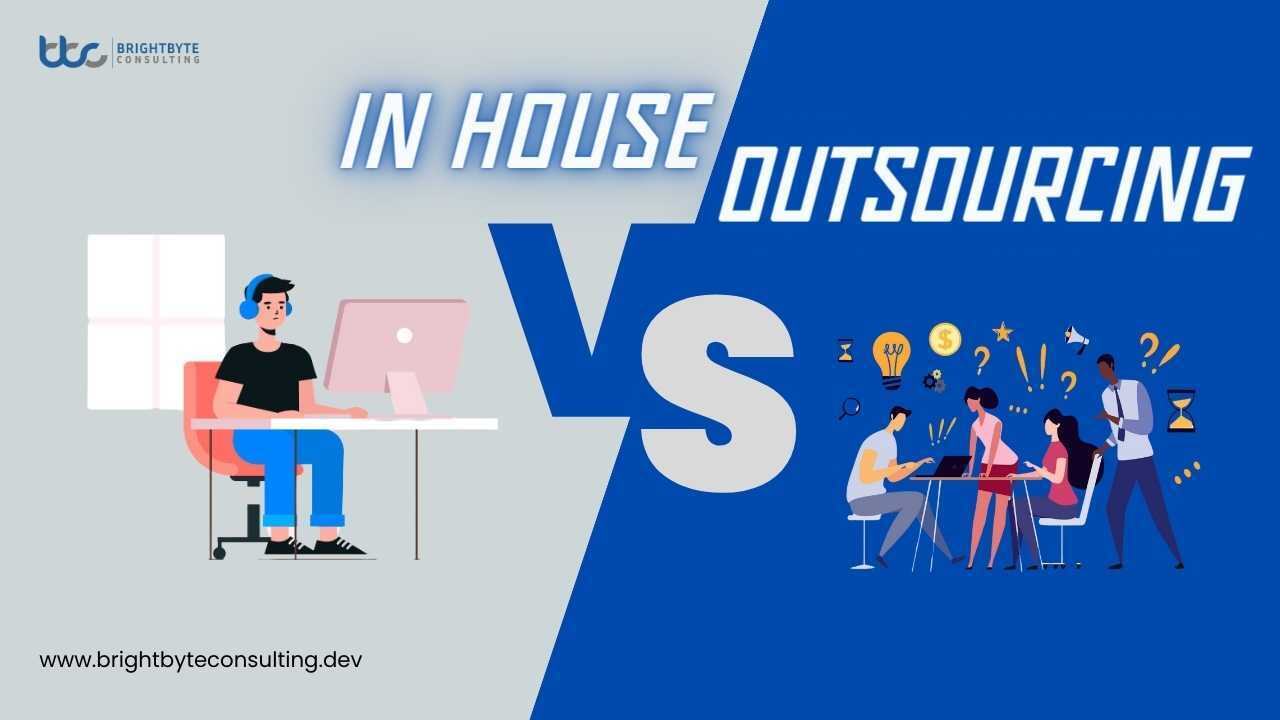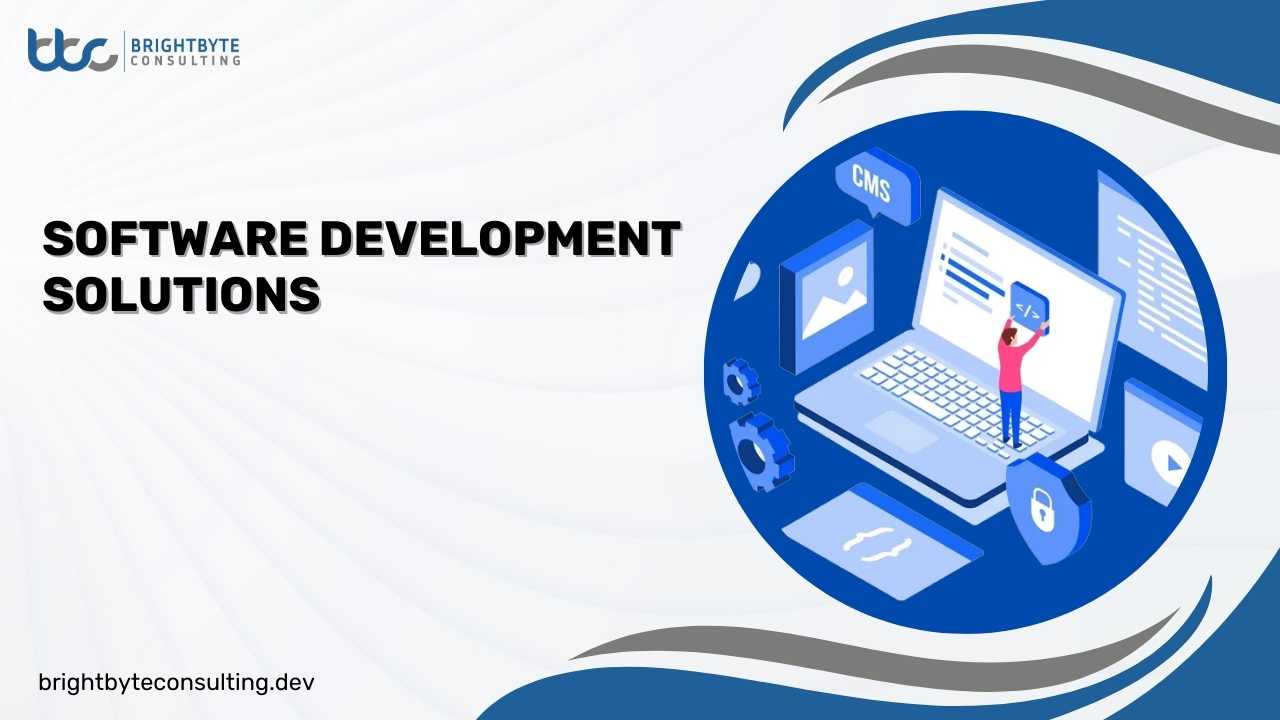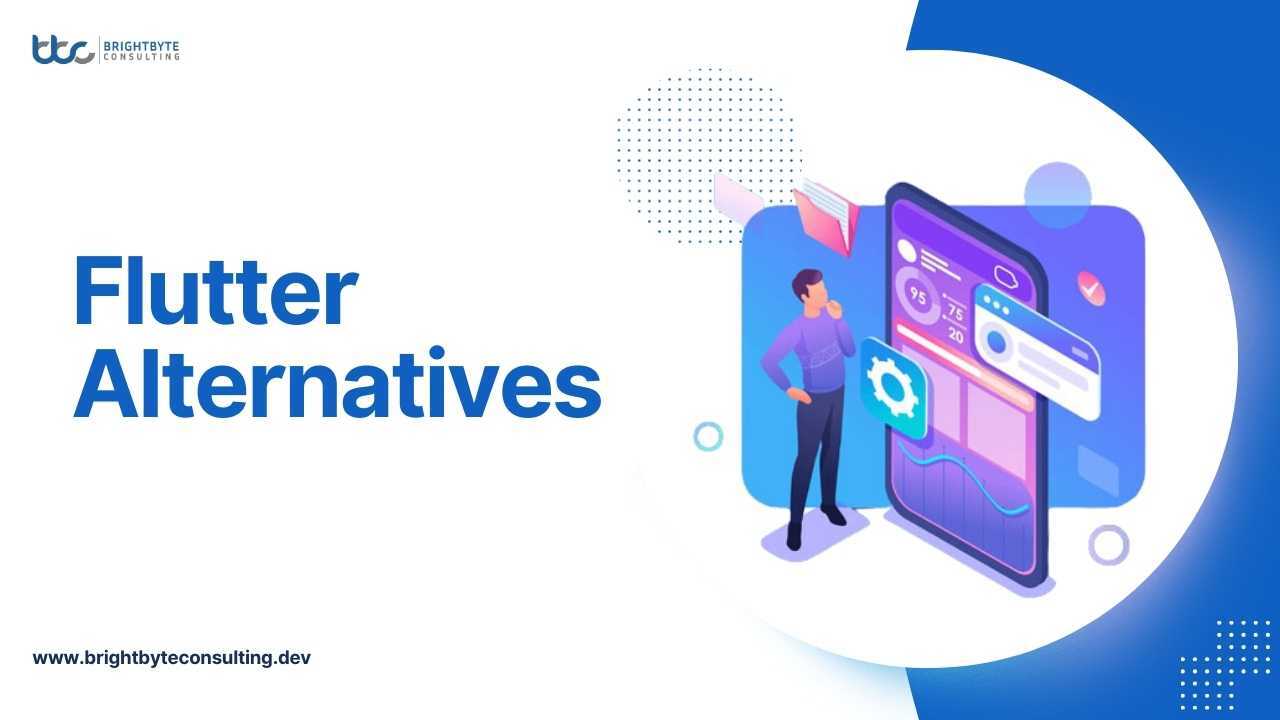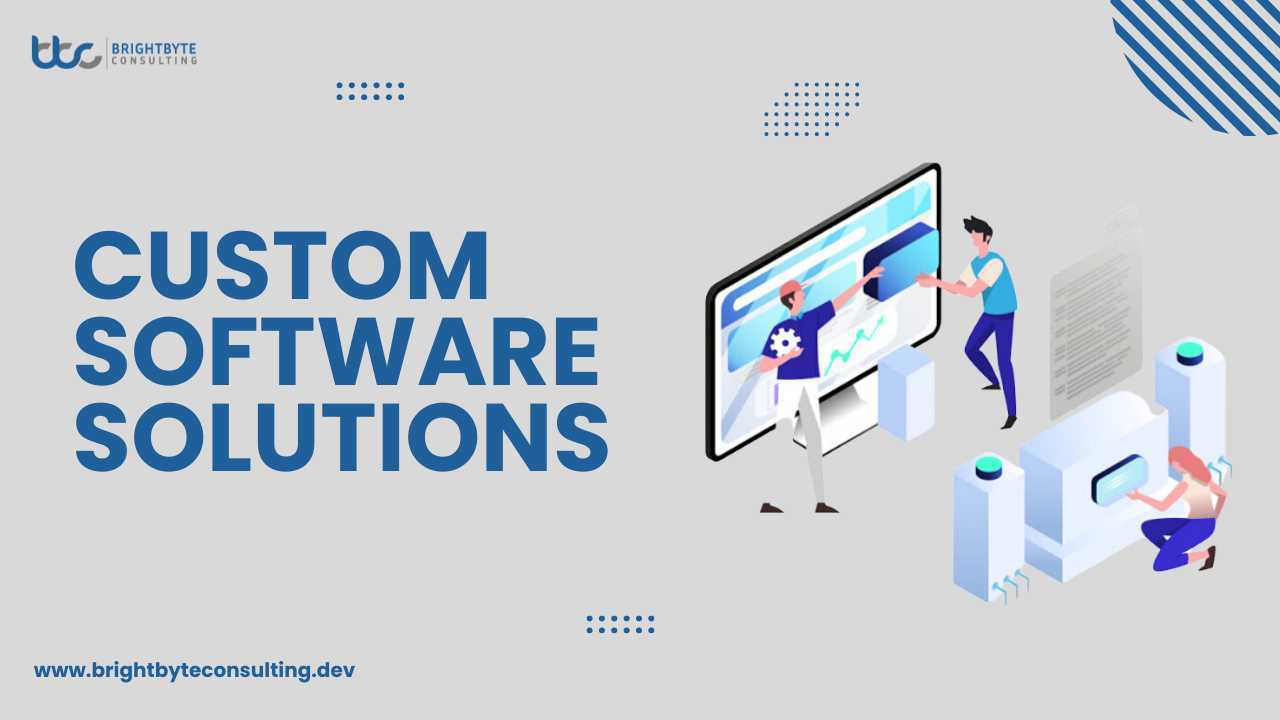In today’s dynamic business environment, companies are constantly looking for ways to optimize their workforce and achieve their goals. Two popular strategies that can help them achieve this are staff augmentation vs consulting. But what exactly are these services, and how do you know which one is right for your business?
Staff Augmentation
Staff augmentation is the practice of hiring temporary or contract workers to fill specific skill gaps within your existing team. These workers can be brought in for a variety of reasons, such as:
- Covering for a leave of absence
- Completing a specific project
- Scaling up a team for a short-term initiative
- Accessing specialized skills that are not currently available in-house
Benefits and Drawbacks of Staff Augmentation
Here are some important benefits and drawbacks of staff augmentation services:
| Benefits | Drawbacks |
| Staff augmentation allows companies to quickly access professionals with specialized skills that may not be available in-house. This can accelerate project timelines and improve the quality of work. | Working with augmented staff, especially if they are remote or from different cultural backgrounds, can pose communication challenges that may affect project coordination and efficiency. |
| With staff augmentation, companies can easily scale their workforce up or down according to project requirements. This flexibility ensures that projects are adequately resourced without the need for long-term commitments. | Augmented staff may face challenges integrating with existing teams, leading to conflicts in work processes, methodologies, or team dynamics. |
| Compared to hiring full-time employees, staff augmentation can be more cost-effective, as companies only pay for the services they need for the duration of the project. It eliminates costs associated with benefits, training, and downtime. | While staff augmentation offers flexibility, it also means that there’s no long-term commitment from the augmented staff, which can lead to instability and reliance on short-term solutions. |
| Augmented staff can quickly adapt to changing project requirements and timelines, providing the flexibility needed to meet evolving business needs. This agility is especially beneficial in dynamic industries or projects. | When hiring augmented staff from different cultural backgrounds or external providers, there’s a risk of cultural mismatches that can impact collaboration, communication, and project outcomes. |
| By leveraging augmented staff, companies can accelerate project timelines and achieve faster completion, as they have access to additional resources and expertise. This can be crucial in meeting deadlines and gaining a competitive edge. | Relying heavily on augmented staff may create a dependency on external resources, making the company vulnerable to fluctuations in availability, quality, or reliability of the augmented workforce |
Consulting
Consulting involves bringing in external experts to advise on a specific business issue or project. Consultants can provide a variety of services, such as:
- Strategic planning
- Process improvement
- Technology implementation
- Change management
Benefits and drawbacks of Consulting
Certainly, here’s a detailed breakdown of the benefits and drawbacks of consulting:
| Benefits | Drawbacks |
| Consultants bring a wealth of expertise and specialized knowledge to the table, offering insights and solutions that may not be available within the organization. | Consulting services can be expensive, especially for specialized or high-demand expertise, which may strain the company’s budget. |
| Consultants offer an outsider’s perspective, allowing them to identify inefficiencies, gaps, and opportunities that may be overlooked by internal teams. This fresh perspective can spark innovation and drive change. | Overreliance on consultants can lead to a lack of ownership and skill development within the organization, creating a dependency on external expertise for problem-solving. |
| Consulting services can be scaled up or down according to the organization’s needs and project requirements, providing flexibility without the burden of long-term commitments. | Consultants may face challenges integrating with internal teams and understanding the organizational culture, which can hinder collaboration and project success. |
| Consultants can tailor solutions to meet specific business challenges, leveraging their industry knowledge and experience to deliver customized strategies and recommendations. | Sharing sensitive information with external consultants may raise concerns about confidentiality and data security, especially in highly regulated industries or with proprietary information. |
| Consultants often work efficiently and can accelerate project timelines by focusing solely on the project at hand, without being distracted by internal politics or day-to-day operations. | Internal resistance to consulting recommendations or changes suggested by consultants can slow down implementation and hinder the effectiveness of consulting engagements. |
| Engaging consultants can help mitigate risks by leveraging their experience to anticipate potential challenges, identify opportunities, and develop proactive strategies to address them. | The quality of consulting services may vary depending on the expertise and reputation of the consulting firm or individual consultant, leading to inconsistent results and outcomes. |
Choosing Between Staff Augmentation vs Consulting Services
The best choice between staff augmentation vs consulting depends on your specific needs. Here are some factors to consider:
- The nature of the project: For short-term projects with well-defined requirements, staff augmentation may be a good option. For complex projects that require ongoing guidance, consulting may be a better fit.
- Your budget: Staff augmentation is typically less expensive than consulting.
- Your in-house expertise: If you have the necessary skills and experience in-house, you may be able to complete the project without external help. However, if you lack the expertise, consulting can provide the knowledge and guidance you need.
- Your desired level of control: With staff augmentation, you maintain more control over the project. With consulting, you cede some control to the consulting firm.
In addition to the above, here are some additional points to consider:
- IT Staff augmentation can be a good option for companies that are looking to build a long-term relationship with a staffing agency. This can help to ensure that you have access to a pool of qualified candidates when you need them.
- Consulting can be a good option for companies that are undergoing a major transformation. Consultants can help you to develop a roadmap for change and guide you through the implementation process.
I hope this blog post has helped to clarify the differences between staff augmentation vs consulting. If you have any further questions, please don’t hesitate to contact us.
Why BBC For Staff Augmentation vs Consulting Services
Bright Byte Consulting offers tailored solutions for staff augmentation vs consulting services, focusing on unique needs and challenges. With a top-tier talent pool, they provide a pre-vetted pool of exceptional professionals. Their team integrates seamlessly into existing workforces, ensuring clear communication and collaboration. They offer competitive rates and transparent pricing models, ensuring optimal value for investment. With a proven track record, they provide ongoing support throughout the engagement, ensuring project success. Partnering with Bright Byte Consulting provides a trusted advisor who understands business goals and provides the right resources and expertise.
Conclusion
Staff augmentation vs consulting are both valuable tools that can help businesses achieve their goals. By understanding the differences between the two and carefully considering your specific needs, you can choose the right approach for your next project.
FAQs
What is staff augmentation?
Staff augmentation involves hiring temporary or contract workers to fill specific skill gaps within your existing team.
What is consulting?
Consulting entails bringing in external experts to advise on specific business issues or projects, offering specialized knowledge and solutions.
What are the benefits of staff augmentation?
Staff augmentation provides access to specialized skills, scalability, cost-effectiveness, flexibility, and faster project completion.
What are the benefits of consulting?
Consulting offers expertise, fresh perspectives, scalability, specialized solutions, efficiency, and risk mitigation.
How do I choose between staff augmentation and consulting?
Consider factors such as the nature of the project, budget, in-house expertise, desired level of control, and long-term relationship goals with staffing agencies or consulting firms.

